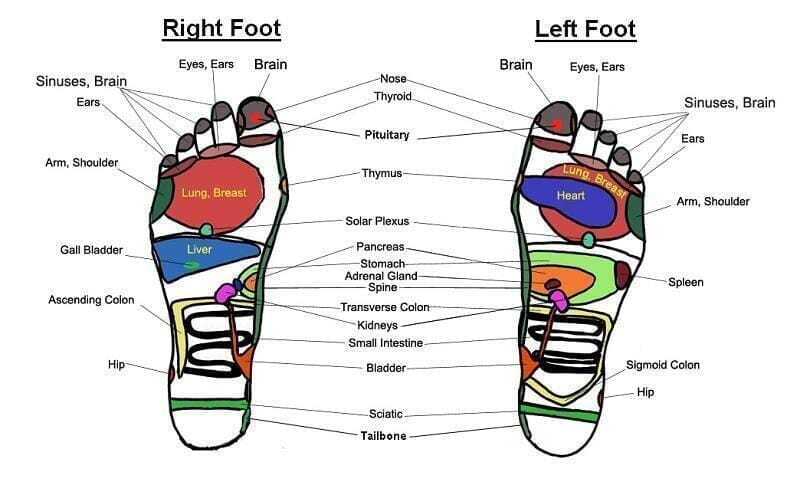Are You Getting Enough Vitamin D? | Herbal Goodness
Amidst the hustle and bustle of modern life, ensuring you are getting the right amount of essential nutrients each day can be challenging.
One nutrient that people often overlook is vitamin D.
Interestingly, vitamin D is among the easiest vitamins to obtain, as it can be naturally acquired from sunlight. However, soaking in the rays for a few minutes each day during summer might not be sufficient.
In fact, many people, approximately 42% of Americans, are not getting enough vitamin D. A deficiency in this vitamin can lead to a weakened immune system, brittle bones, and an increased risk of various health issues.
So, how much vitamin D do you actually need?
The amount varies based on age. For adults under 70, the recommended daily intake is 600 IU (international units). For those over 70, it is 800 IU.
If these numbers seem strict, here are a few practical ways to ensure you’re getting enough vitamin D each day:
Sunlight
Exposure to sunlight helps the body produce vitamin D.
However, due to the risk of skin issues, there isn’t an official guideline to get extensive sun exposure. A brief exposure of about 20-25 minutes daily, without sunscreen, is generally sufficient.
Note that if you live at higher altitudes, experience long winters, or have darker skin, the body’s ability to produce vitamin D can be less effective. Additionally, sunlight through a window won’t provide the same benefit.
Eat Foods Rich in Vitamin D
Incorporating foods rich in vitamin D into your diet is an effective way to get this nutrient.
Foods high in vitamin D include:
- Fatty Fish – Such as canned tuna, sardines, fresh mackerel, salmon, herring, trout, shrimp, and eel. These also offer the added benefit of omega-3 fatty acids.
- Beef and Beef Liver – These contain vitamin D as well as other nutrients like vitamin A, iron, and protein. However, they are high in cholesterol.
- Fortified Milk – Look for milk that has been fortified with vitamin D.
- Fortified Orange Juice – An 8-ounce glass contains approximately 100 IUs of vitamin D, though this can vary by brand.
- Fortified Cereal – A good source of vitamin D, especially when paired with fortified milk or orange juice.
- Cod Liver Oil – One tablespoon provides about 1300 IUs of vitamin D, significantly more than the daily recommended amount.
- Egg Yolks – Each yolk contains about 40 IUs of vitamin D, but due to their cholesterol content, it is advisable to consume them in moderation.
Try Supplements
If sunlight exposure or diet isn’t providing enough vitamin D, consider supplements.
Choose supplements with vitamin D3, the type that is naturally produced by your skin and is more easily absorbed by the body.
In Closing
Consider having a vitamin D test if you suspect a deficiency, especially if you have conditions like bone health issues. This test can help determine your vitamin D levels.
Remember, while low levels of vitamin D can be problematic, excessive levels are also a concern. Consuming more than 4,000 IUs per day may negatively impact kidney function.
In moderation, you can maintain a healthy balance of vitamin D.
Related: The 5 Best Supplements for Men
Credits
Stephanie Wheeler, 42% Percent of Americans Are Vitamin D Deficient. Are You Among Them? (www.cantonmercy.org)










